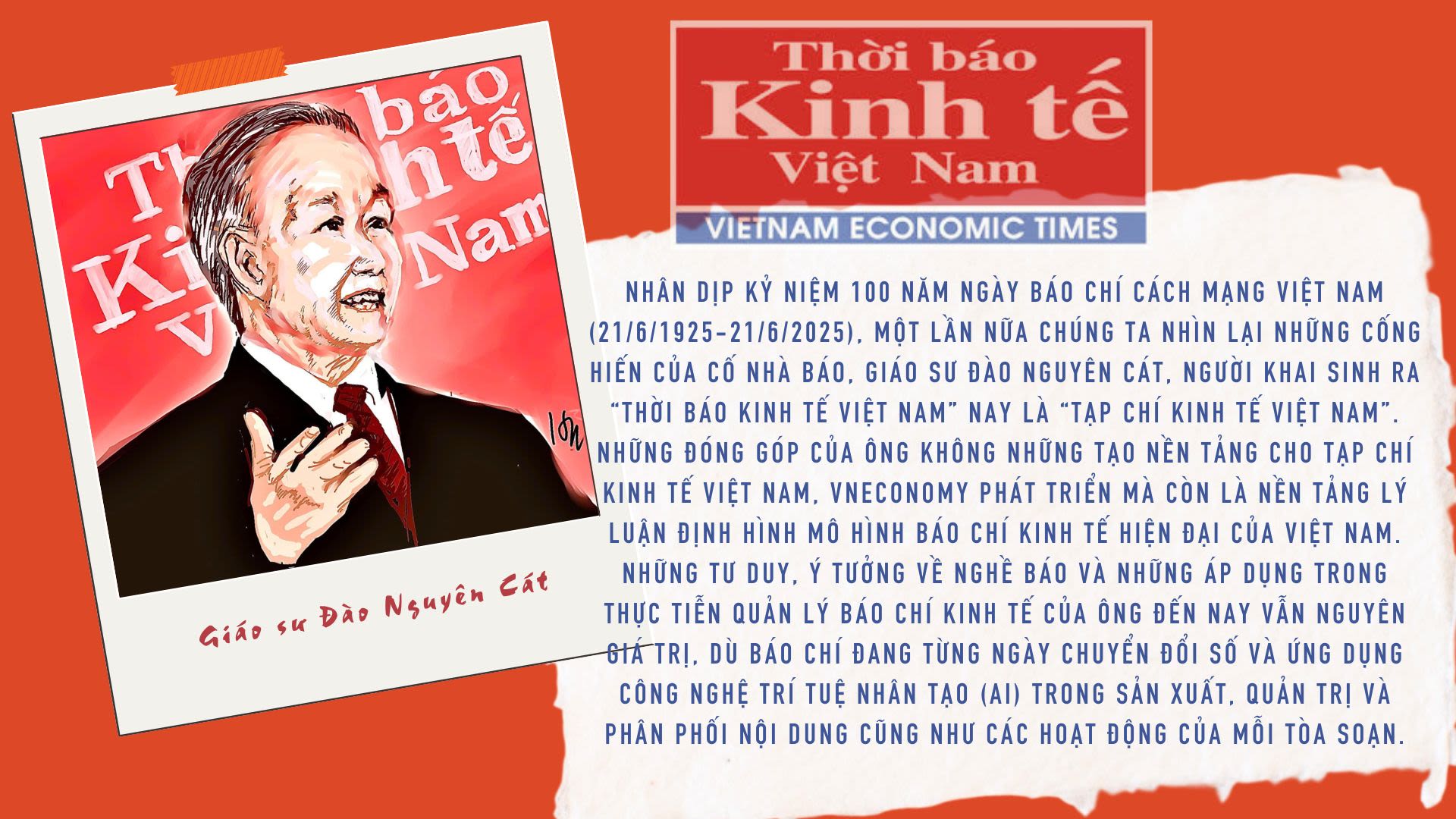
From "3 no's" to a leading economic journalism group
In recent decades, whenever Professor Dao Nguyen Cat is mentioned, people immediately think of Vietnam Economic Times and vice versa. Many reporters recount that whenever they go on a business trip somewhere, they only need to introduce themselves as "Mr. Cat's soldier" and their partners will immediately know they are reporters of Vietnam Economic Times. This is understandable because he is the one who gave the newspaper its name and set unprecedented records in the history of Vietnamese journalism. He is the oldest Editor-in-Chief (93 years old), holding this position for the longest time (nearly 30 years) until the newspaper changed its name to "Vietnam Economic Magazine" (in 2020) according to the press planning of the Party and State.
Since 1991, after retiring from the Central Propaganda Department, receiving the assignment from Professor Tran Phuong, Chairman of the Vietnam Economic Science Association, he took his own house at 8 Ly Thuong Kiet, Hanoi to set up the editorial office of the Economic Information newspaper. At that time, his wife and children were in charge of office and administrative work. He called on veteran journalists and economic experts to write articles without royalties. After a short period of operation, after discussing with the Director of the Press Department - Ministry of Culture, with the consensus of the governing body and the press management agency, the Economic Information newspaper officially had a new name: Vietnam Economic Times. This naming reflects the vision of an economic journalism brand: mission of service, reliability and international stature.
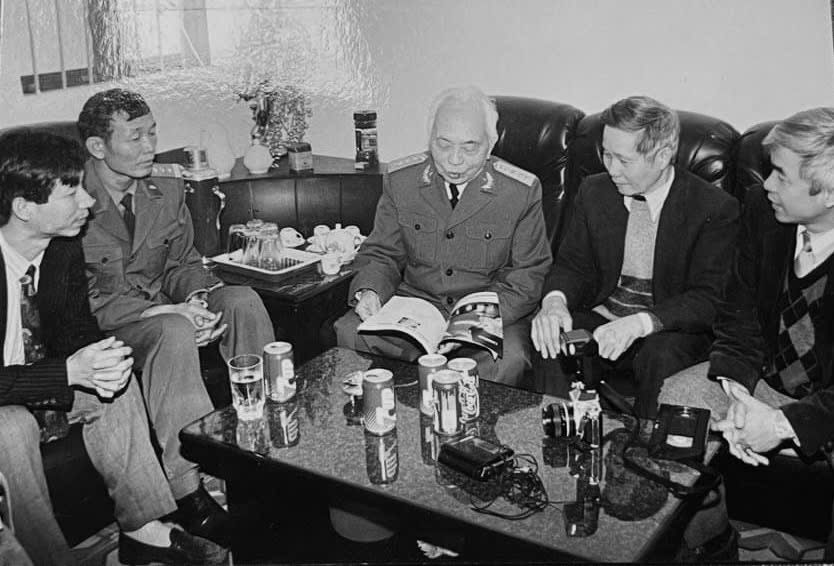
In 1991, despite the "3 no" situation: no money, no editorial office, no apparatus, Professor Dao Nguyen Cat steered, created, and successfully established the Economic Information newspaper, the premise for building the Vietnam Economic Times and gradually becoming a modern media group.
The press and media group was established right from the years when the country entered the period of accelerated innovation (1993) with a system of printed and electronic publications: daily printed newspaper Vietnam Economic Times, electronic newspaper VnEconomy, monthly English newspaper Vietnam Economic Times... with a team of hundreds of staff and reporters nationwide.
Since the early 90s, with the position and prestige of a leading economic press group, Vietnam Economic Times has coordinated with many central ministries and branches to organize prestigious economic events such as: Golden Dragon Awards, Strong Vietnamese Brands, The Guide Awards, Vietnam Trust... contributing to promoting Vietnamese business brands and enhancing the position of economic press in the cause of national construction and development.
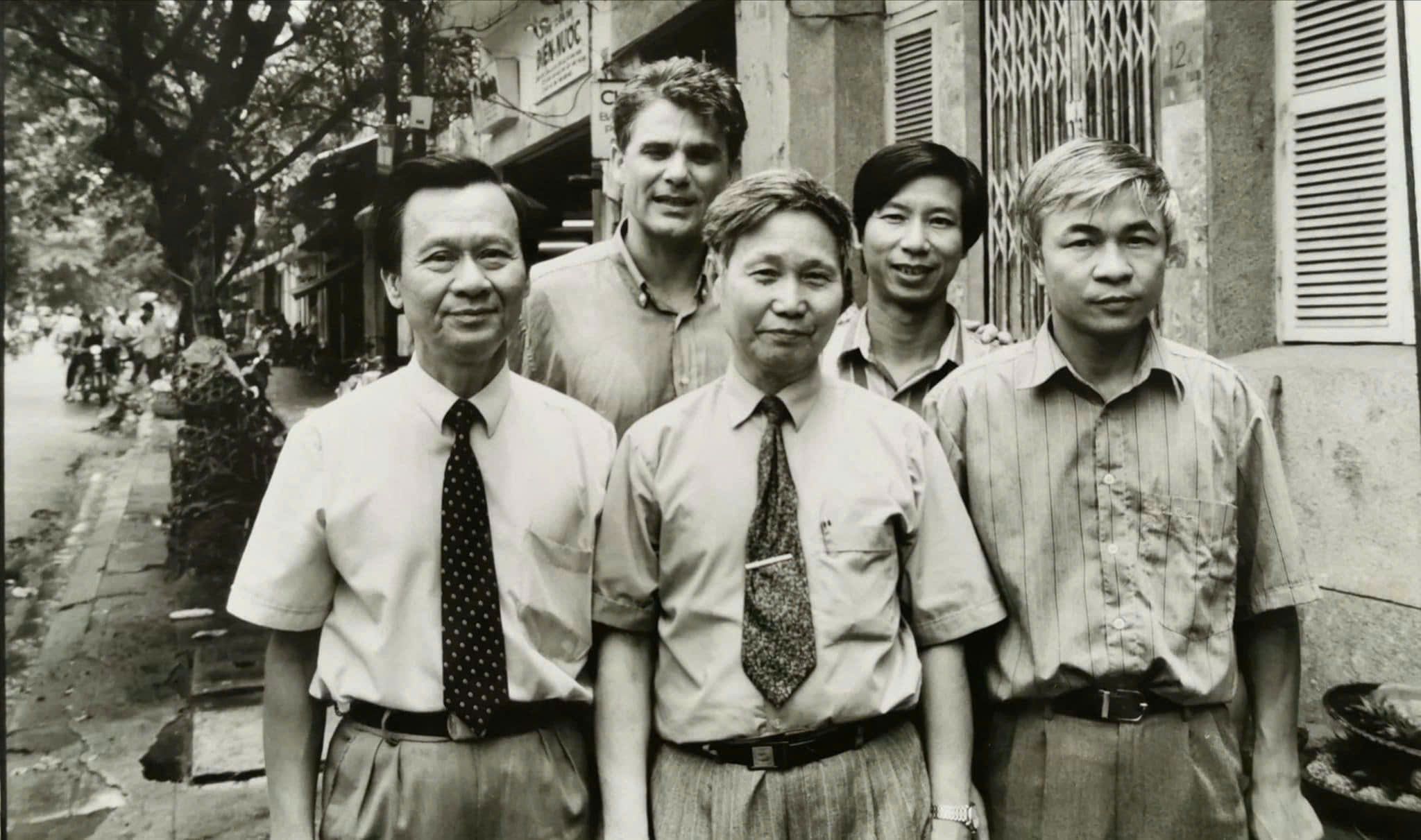
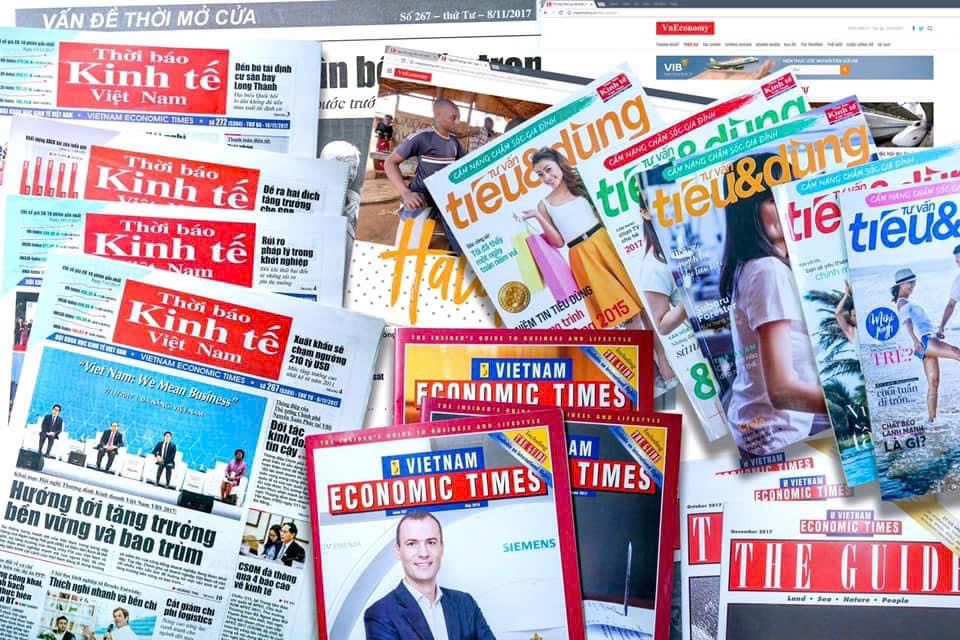
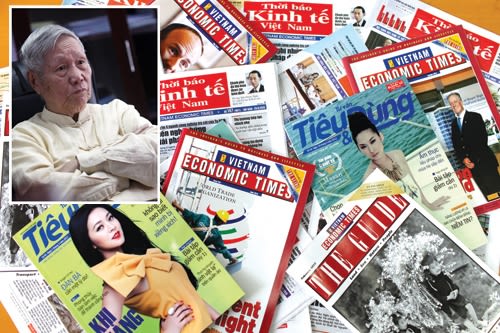
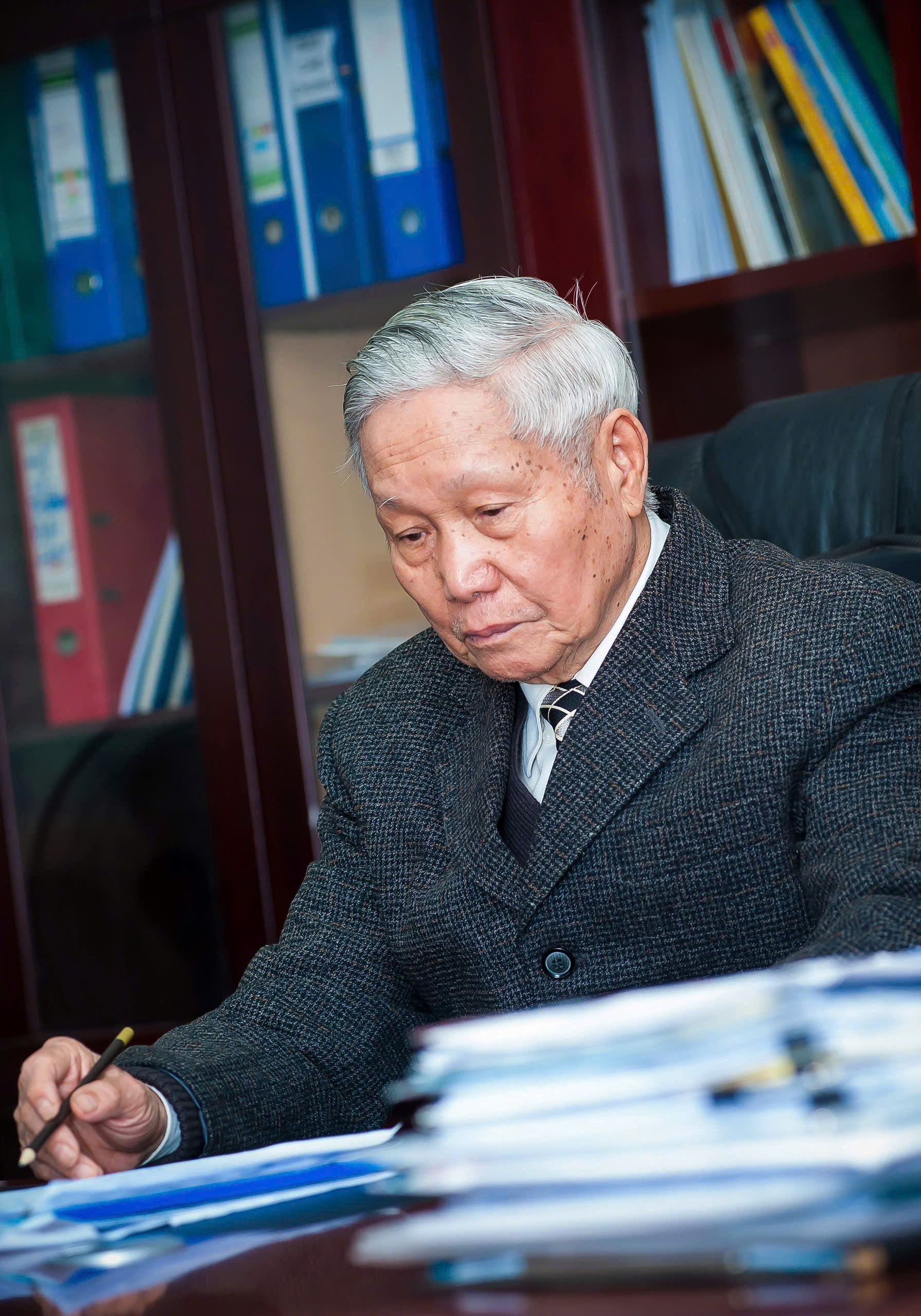
The newspaper must accompany, understand, and speak out the most pressing issues of the Vietnamese business community and economic sectors. From there, the prestige and connecting role of the press agency is truly necessary for the development of the country.
Professor Dao Nguyen Cat
The press not only provides information but also orients social thought, protects revolutionary ideals and promotes national prosperity.
Professor Dao Nguyen Cat

Professor Dao Nguyen Cat's career was not only in the birth and development of Vietnam Economic Times and VnEconomy, but also in laying the foundation for Vietnam's revolutionary press throughout the renovation period.
In the context of the 1990s, under his leadership, Vietnam Economic Times and its publications have become a reliable reference source for businesses and policy makers. Vietnam Economic Times has become a bridge to bring the Party's economic development policies to the people. In particular, in 1993, with the prestige of the newspaper and the editor-in-chief, who was originally a Party propaganda officer, Vietnam Economic Times received a license to cooperate in printing, publishing and advertising with a leading Swiss economic press group, Ringier AG, making the newspaper one of the first press agencies in Vietnam to cooperate with foreign countries. Journalists humorously called this the "Deal of the Century" in the field of propaganda, bringing modern printing technology and international-class professional presentation style to Vietnamese press, opening a new direction for press in general and economic press in particular.
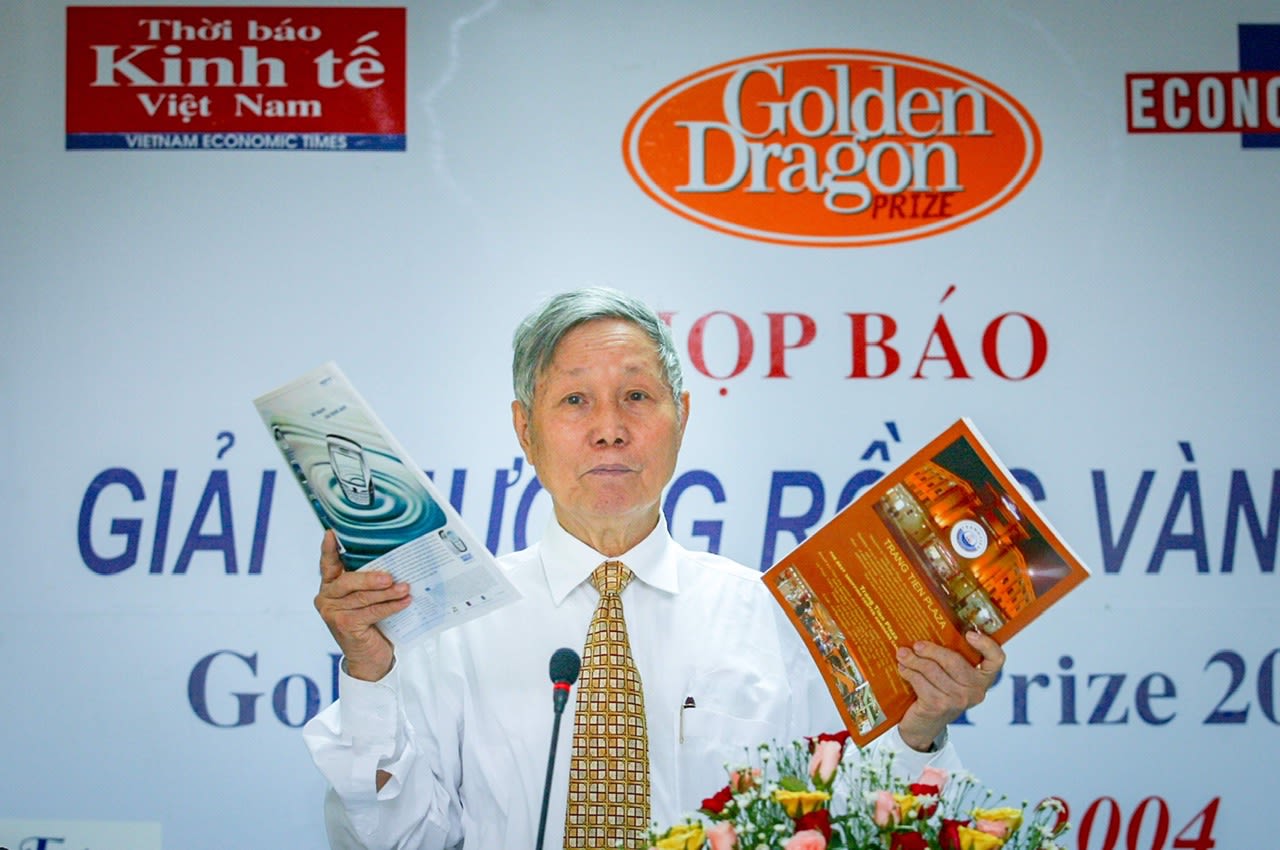
As a veteran of the Propaganda Department, Professor Dao Nguyen Cat is very knowledgeable about the ideological front, so through his journalism, he wants to contribute to shaping revolutionary journalism through this front. He affirmed, "We must grasp the ideological front." For him, journalism not only provides information but also orients social ideology, protects revolutionary ideals and promotes national prosperity. In 2019, he donated publications and artifacts to the Vietnam Press Museum, contributing to preserving the history of revolutionary journalism. These contributions not only laid the foundation for the Vietnam Economic Times but also created the premise for the development of economic journalism in particular and Vietnamese revolutionary journalism in general.
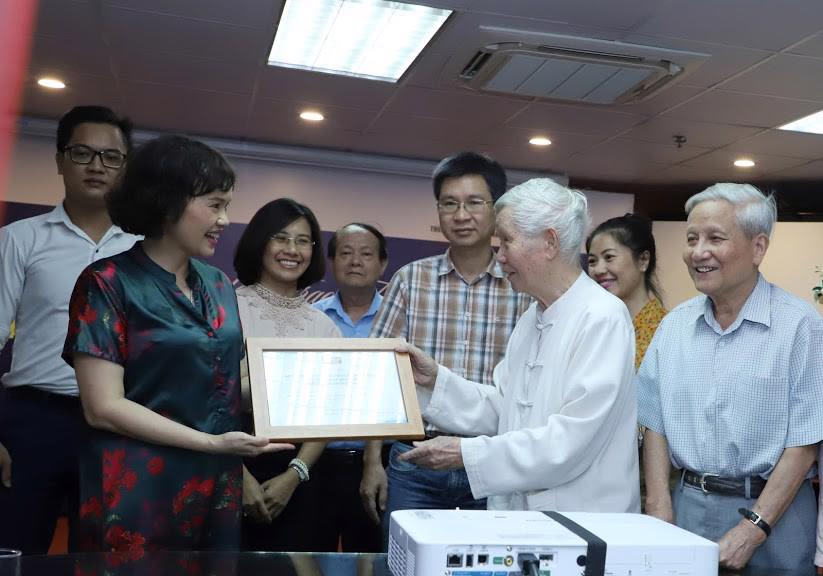
Ms. Tran Kim Hoa, Director of the Vietnam Press Museum, presented a certificate of artifact donation to Professor Editor-in-Chief Dao Nguyen Cat.
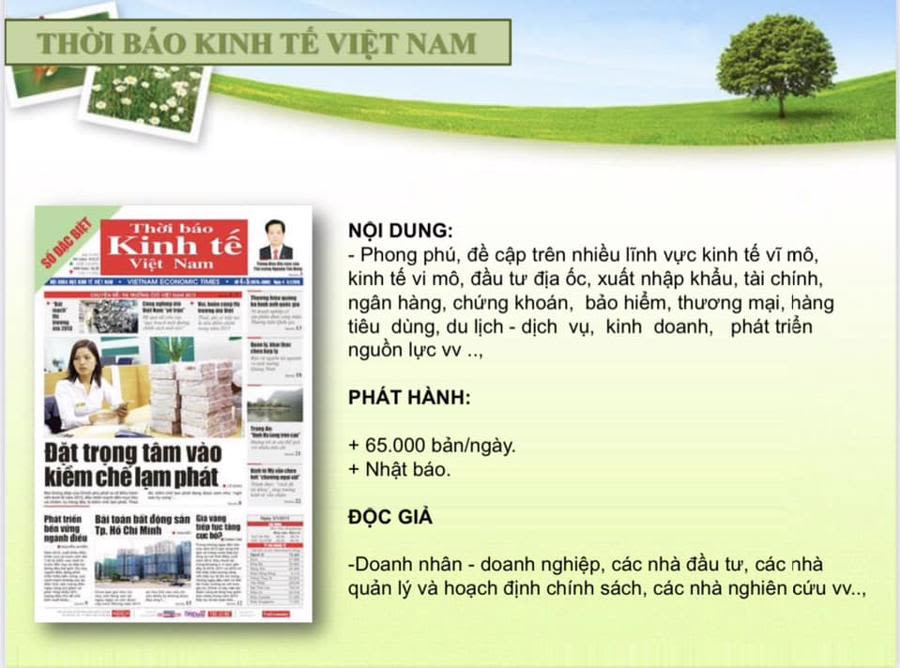
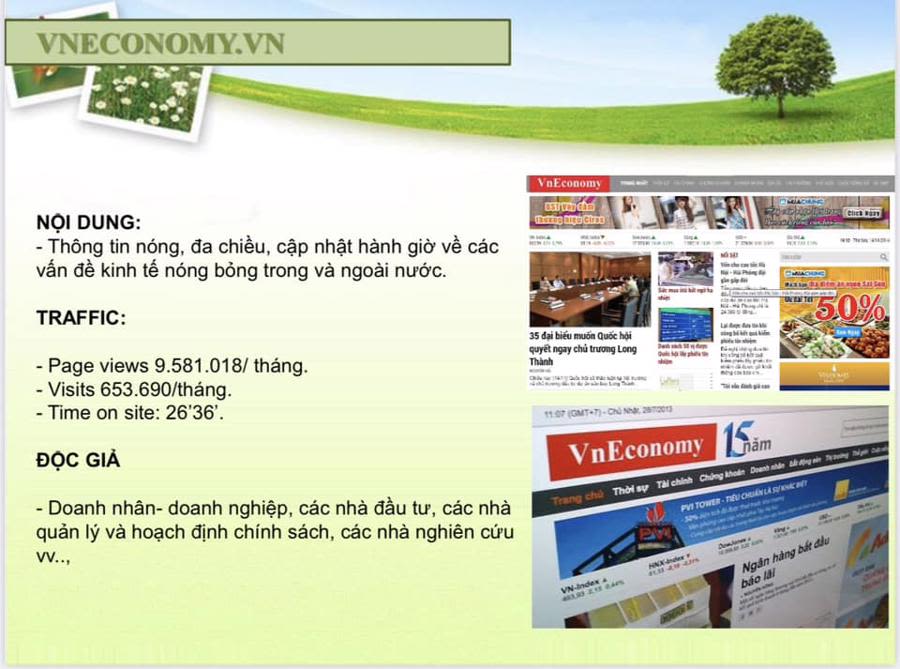
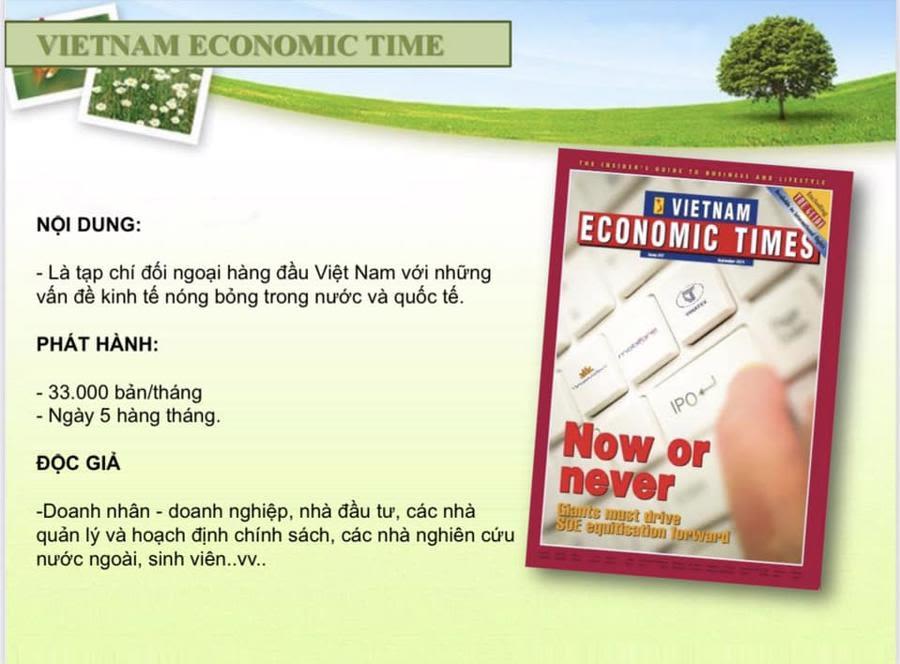
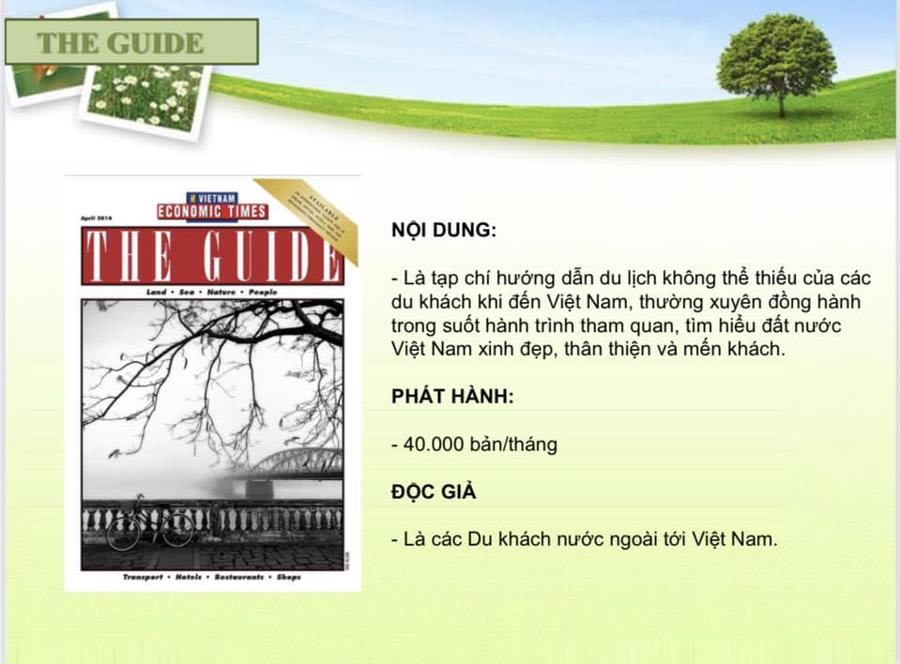
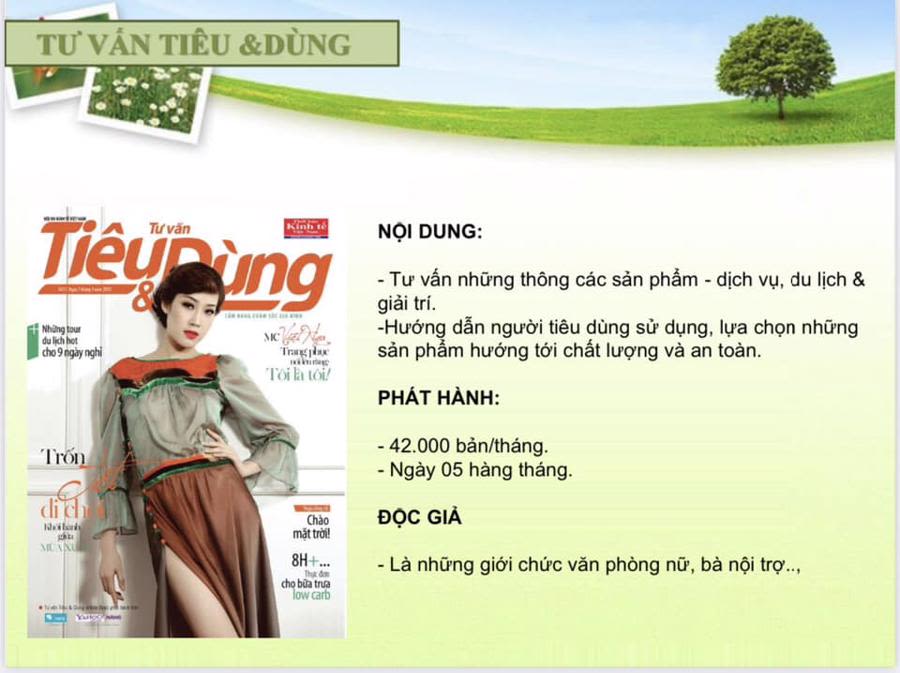
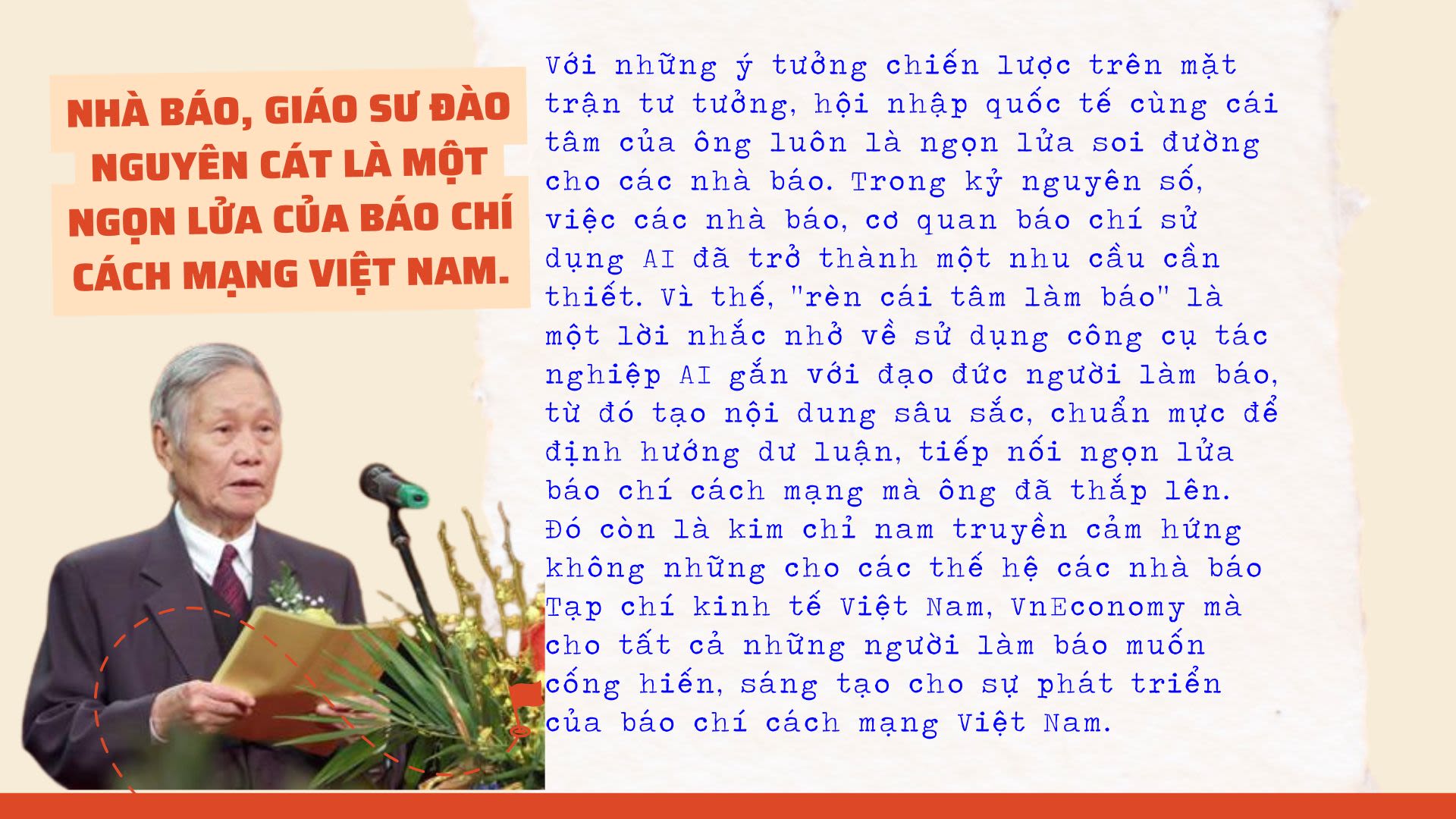
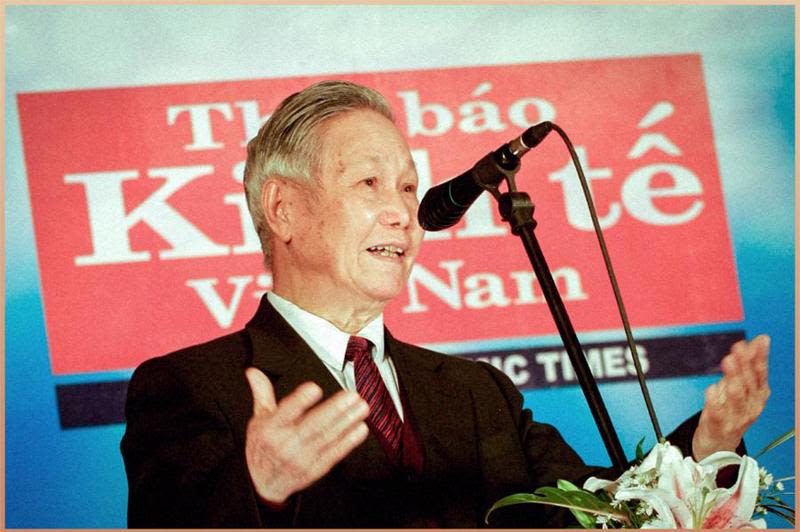
Journalism is a noble profession. Practicing the profession is not easy, but practicing the journalistic mind is the most difficult thing.
Professor Dao Nguyen Cat
Three mindsets that remain valid in journalism in the digital age
Professor Dao Nguyen Cat is not only a veteran of journalism but also a planner of strategic ideas about journalism. Thinking back, these ideas probably still retain their value in the era of digital journalism and the application of artificial intelligence (AI).
First of all, the press is an “ideological front”, he emphasized the role of guiding society and promoting prosperity. He shared: “Now, patriotism also means working so that our nation is no longer poor, but increasingly developed and prosperous. Poverty is always easy to be cowardly. Do not forget this”. In the context of modern journalism having to compete with the huge flow of information on social networks and digital platforms, this thinking is still very important. The press needs to maintain its role of guiding, fighting against misinformation and protecting cultural values and revolutionary ideals, a requirement that no matter how powerful AI is, it will be difficult to replace, which is “the heart of a journalist”.
Second, it is the application of theoretical thinking to the management and organization of communication and public relations activities in the operations of press agencies. In addition to articles by experts and veteran journalists, he also believes in "giving the flag" to young, ambitious reporters, considering them the core force of a multimedia press agency. In the digital age, when AI supports data analysis and content personalization, this thinking still holds true. Newsrooms use AI to analyze reader trends, but combining data with in-depth theoretical content is still the key to creating influential articles and orienting public opinion. For example, AI can provide economic data and help analyze data instantly, but only journalists with their theoretical thinking can provide sharper, more convincing perspectives.
Throughout the 30 years since its establishment, the ideology of the press accompanying businesses, being friends with businesses, and clarifying the bad for the sake of economic development has always been the guiding principle in the content leadership of the Editor-in-Chief, "former propagandist" Dao Nguyen Cat. To deeply realize the ideology of accompanying businesses, he has advocated coordinating with ministries and branches to organize forums, seminars, awards... for experts, businessmen, and consumers to discuss enthusiastically, combining Marxist-Leninist economic theory, market economy with the economic development reality of Vietnam. He believes that the newspaper must accompany, understand, and speak up about the most pressing issues of the Vietnamese business community and economic sectors. From there, the prestige and connecting role of the press agency are truly necessary for the development of the country.
Third, the international integration vision of Professor Dao Nguyen Cat (through cooperation with Ringier AG) is a valuable lesson in the digital age. This cooperation not only brings financial resources but also brings modern printing and presentation technology to Vietnamese press.
Nowadays, facing the trend of cooperation between the press and technology partners, digital technology platforms, AI and big data will help improve the quality of content and the ability to reach readers. However, technology is only a tool to achieve operational efficiency and economic efficiency. Professional ethics and social responsibility are the core factors for the press to maintain its reputation.
As Professor Dao Nguyen Cat said, “Journalism is a noble profession. Practicing the profession is not easy, but practicing the journalistic mind is the most difficult thing.” Although AI can support writing articles, analyzing data, or managing content, creativity and dedication to the profession are still irreplaceable factors. His ideas – from holding the ideological front, combining theory and practice, to integrating technology and building a media ecosystem – not only shape economic journalism but also provide valuable lessons for revolutionary journalism in the new era.
Journalist, Professor Dao Nguyen Cat is a flame of Vietnamese revolutionary journalism. With strategic ideas on the ideological front, international integration and his heart, he is always a guiding light for journalists. In the digital age, the use of AI by journalists and press agencies has become a necessity. Therefore, "training the heart of journalism" is a reminder to use AI tools associated with journalistic ethics, thereby creating profound, standard content to guide public opinion, continuing the flame of revolutionary journalism that he lit. It is also a guiding principle that inspires not only generations of journalists from Vietnam Economic Magazine, VnEconomy but also all journalists who want to contribute and create for the development of Vietnamese revolutionary journalism.
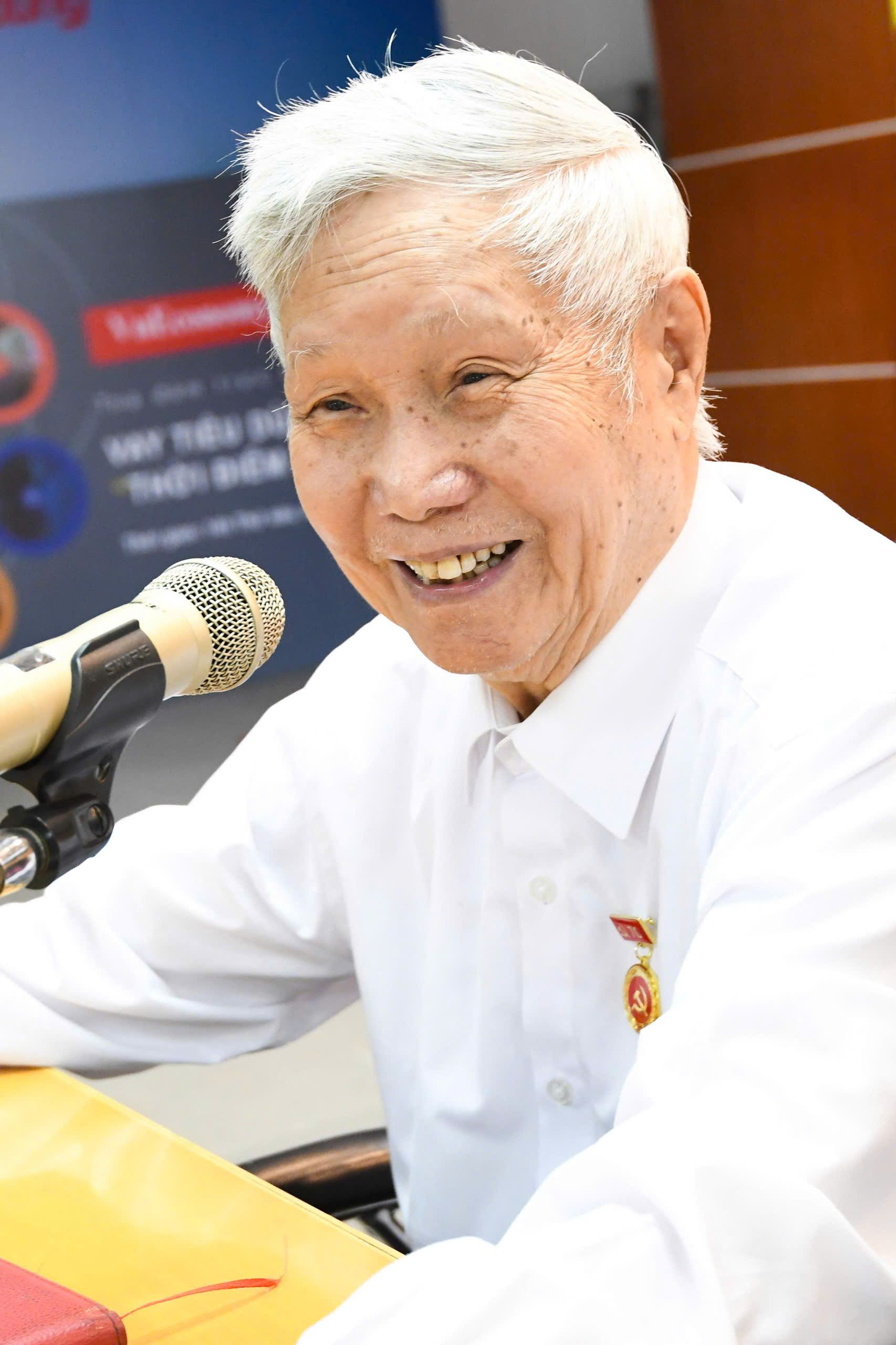
Now, patriotism also means working so that our people will no longer be poor, but will increasingly develop and prosper. Poverty always makes it easy to be cowardly. We must not forget this.
Professor Dao Nguyen Cat
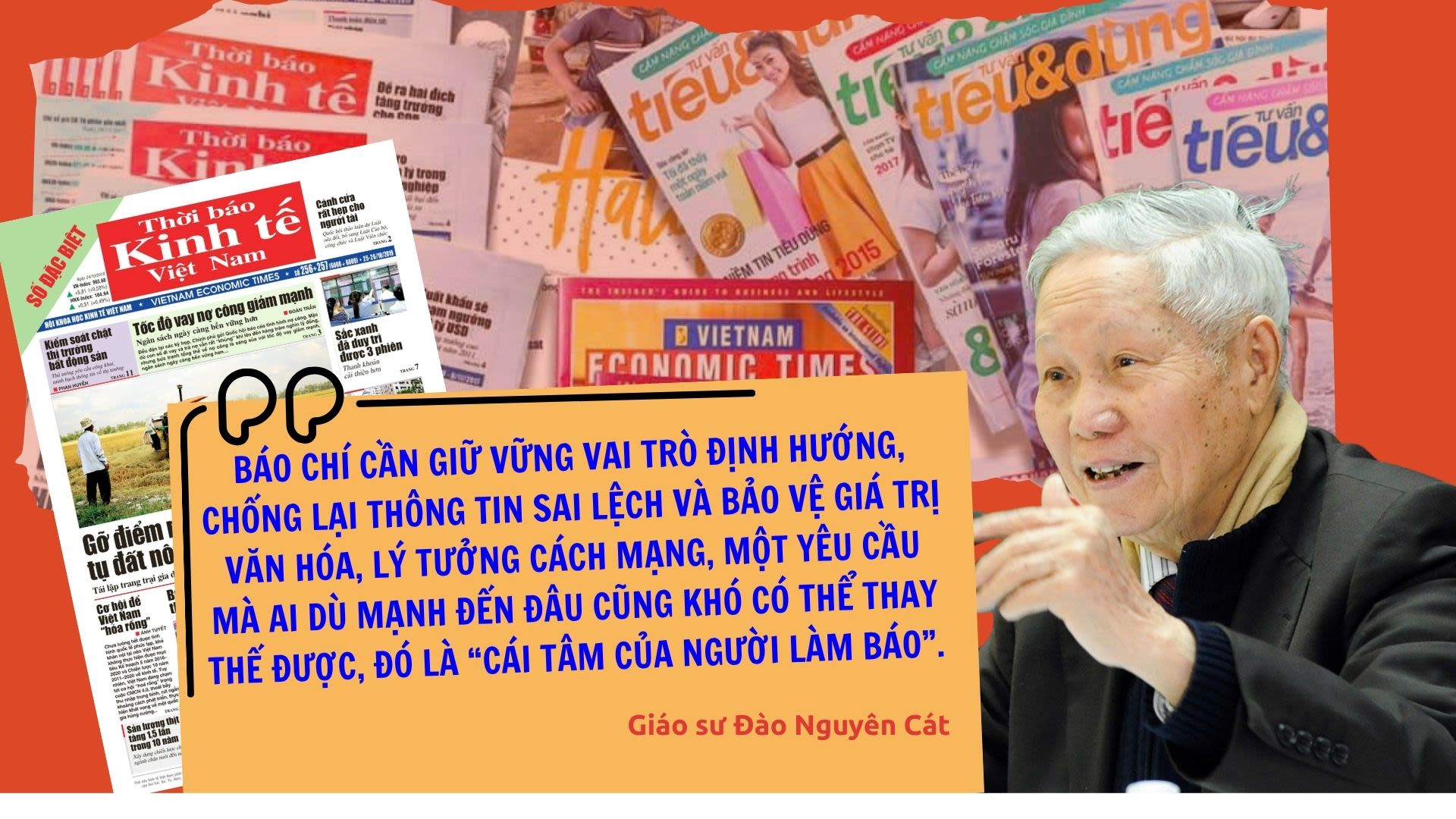
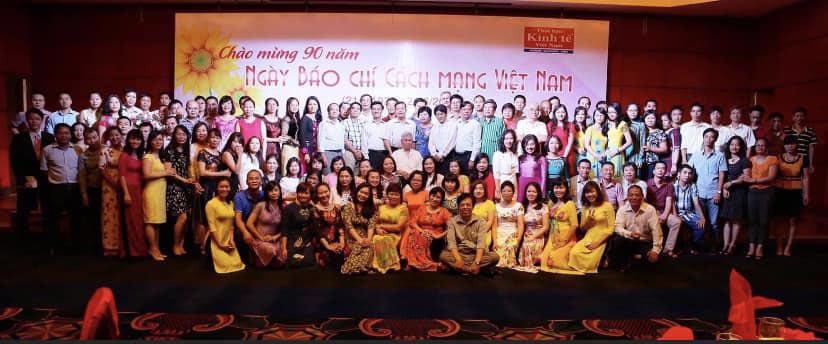
Professor Dao Nguyen Cat with officials, reporters and editors at the 90th Anniversary of Vietnam Revolutionary Press Day in 2015.
Journalist, Professor Dao Nguyen Cat (1925-2023) - Former Editor-in-Chief of Vietnam Economic Times
He was born and raised in the 20s and 30s of the last century, a historical period full of blood and tears when the whole nation was immersed in the long night of slavery and the loss of the country but did not give up, rose up, and found a way to fight, and the birth of the Communist Party of Vietnam on February 3, 1930 was a brilliant milestone. In that historical context, when he was still a student in the early 40s, the young man Dao Nguyen Cat felt the humiliation of losing the country, and witnessed with his own eyes the crimes of the colonial invaders right in his homeland.
At the age of 15, he was enlightened and voluntarily participated in revolutionary activities. At the age of 21, Dao Nguyen Cat attended a training class for district party secretaries at the Ninh Binh provincial party committee during the 9-year resistance war against the French colonialists. However, the path that led him to the field of propaganda began in the Viet Bac resistance zone with political theory lessons at the Nguyen Ai Quoc High-Level Party School. After the victory of the resistance war against the French, he was sent to study at the People's University. After 1960, he was sent to study political theory at the Moscow High-Level Party School (Soviet Union). In 1985, he studied at the Academy of Social Sciences under the Central Committee of the Communist Party of the Soviet Union. He served as Head of the Department of Compiling Marxist-Leninist Textbooks and Editor-in-Chief of the Marxist-Leninist Textbook Publishing House of the Central Propaganda Department. In 1987, he was appointed Director of the Central Political Educator. In the late 80s and early 90s, he was a member of the Politburo's Political Party Building Review Committee.
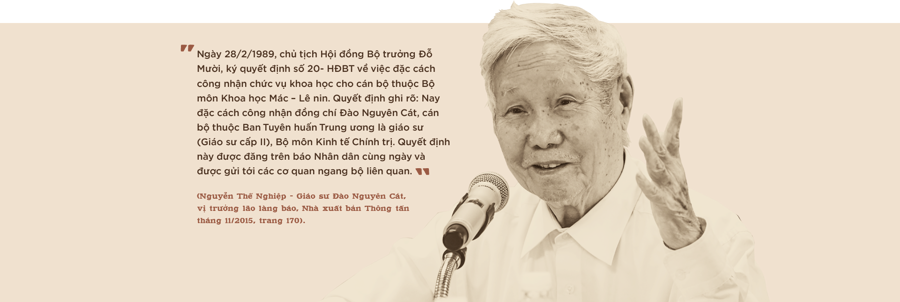
After his retirement, he was assigned to organize and directly serve as Editor-in-Chief of Vietnam Economic Times for nearly 30 years. For nearly 30 years, he and his colleagues at Vietnam Economic Times have gradually built a strong press-media complex. He has steered Vietnam Economic Times through many ups and downs, becoming a famous economic newspaper in the Vietnamese revolutionary press and reaching out to the world.
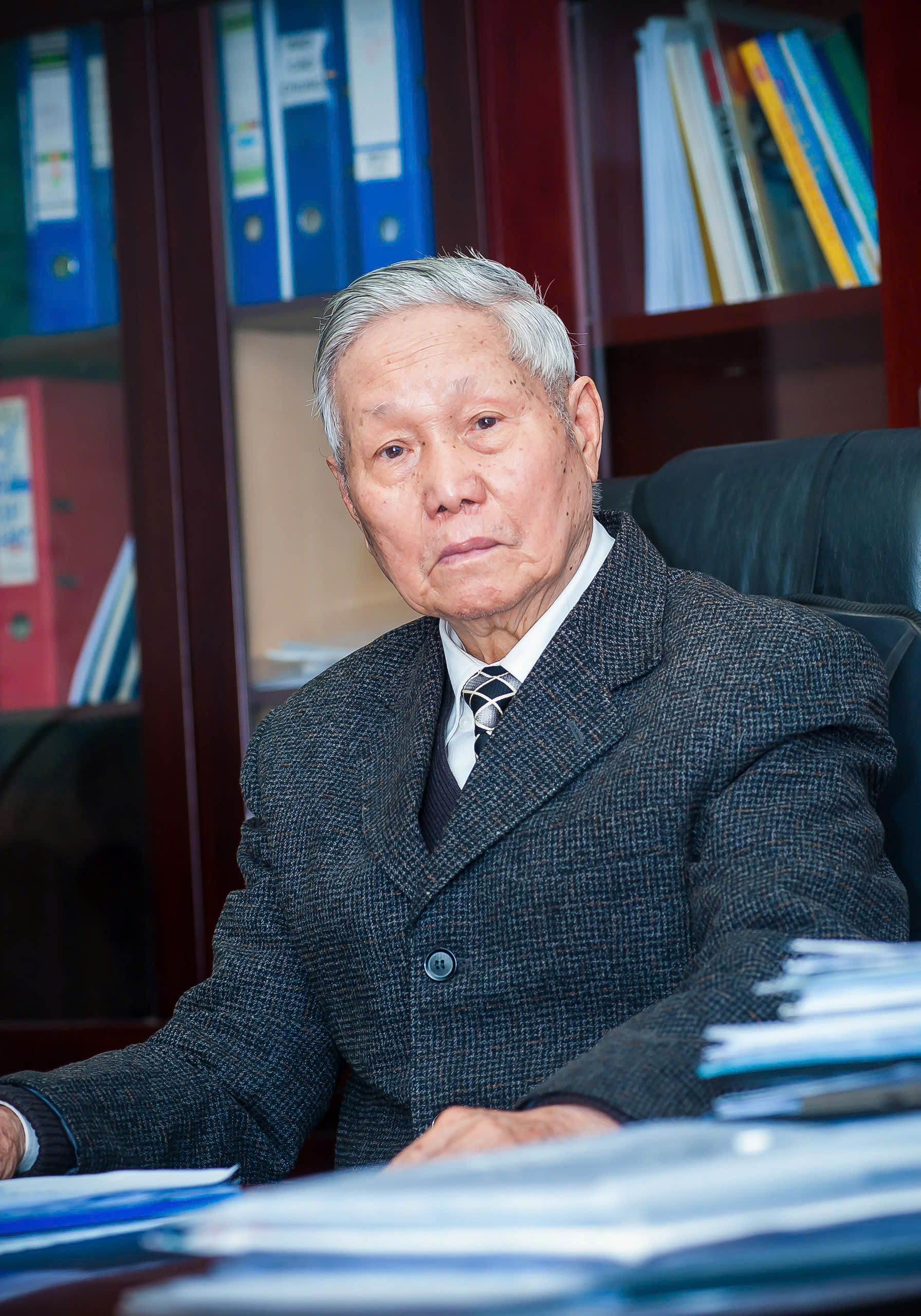
Source: https://nhandan.vn/special/GiaosuDaoNguyenCat/index.html?








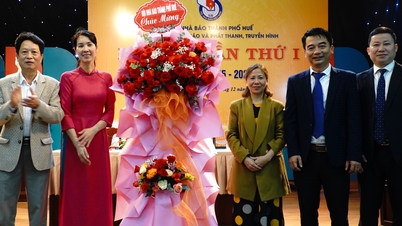

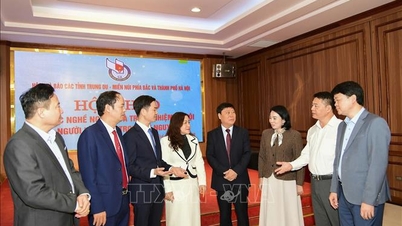



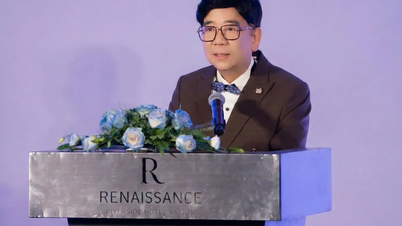

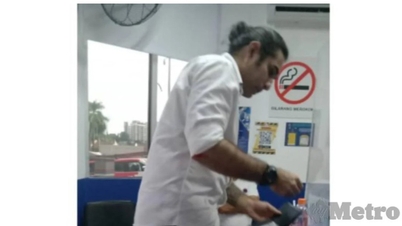



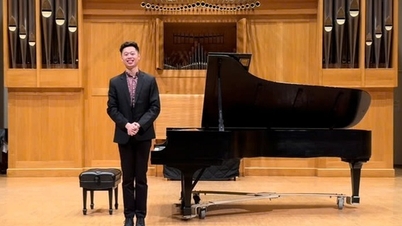

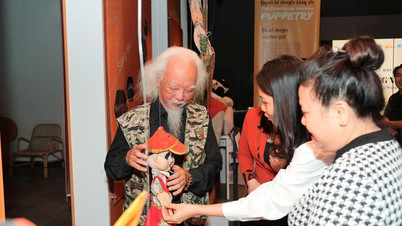











![[Video] “Happy Vietnam 2025” Award: Contributing more beautiful slices of a humane and culturally rich country](https://vphoto.vietnam.vn/thumb/402x226/vietnam/resource/IMAGE/2025/12/07/1765120096965_gen-h-z7302026251876-0c4feb61bdc05ac1e4a8af98b1ba524c-701-jpg.webp)
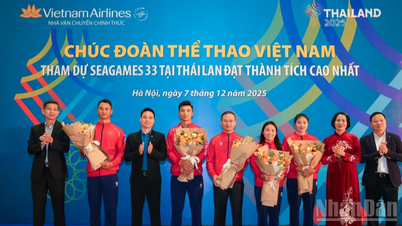
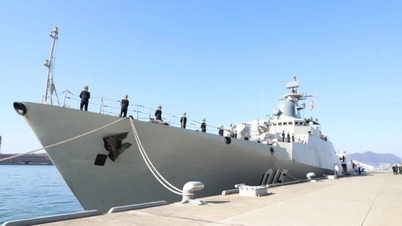
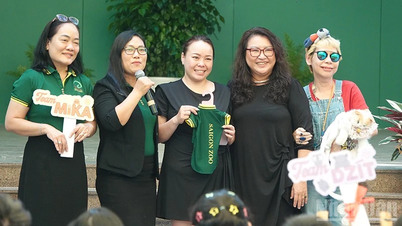
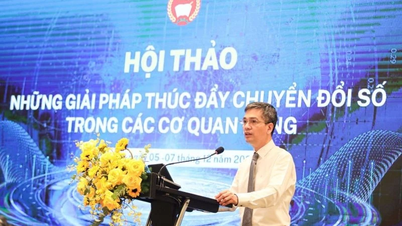
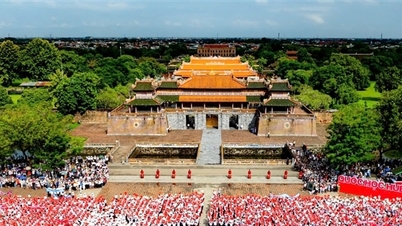

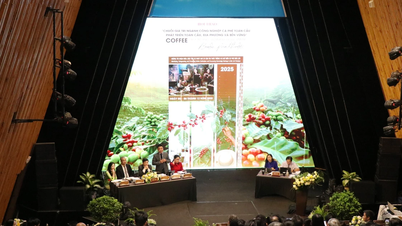






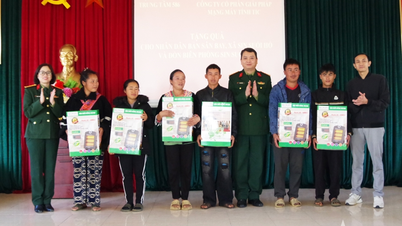












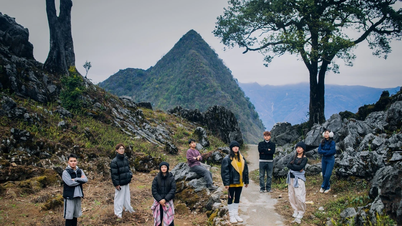














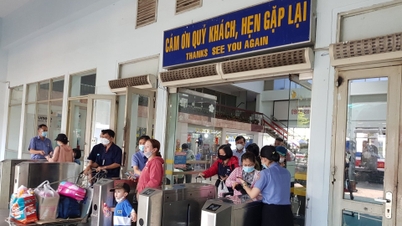



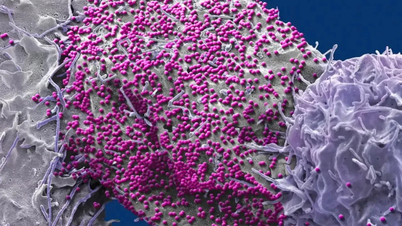
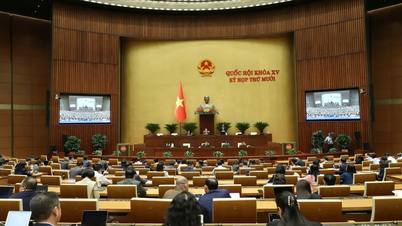
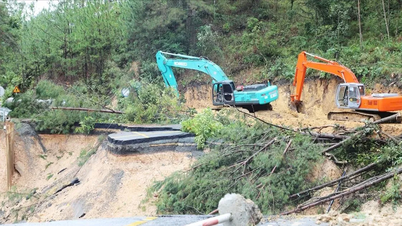
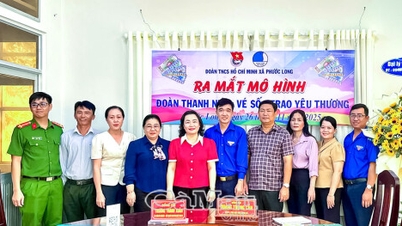



















Comment (0)